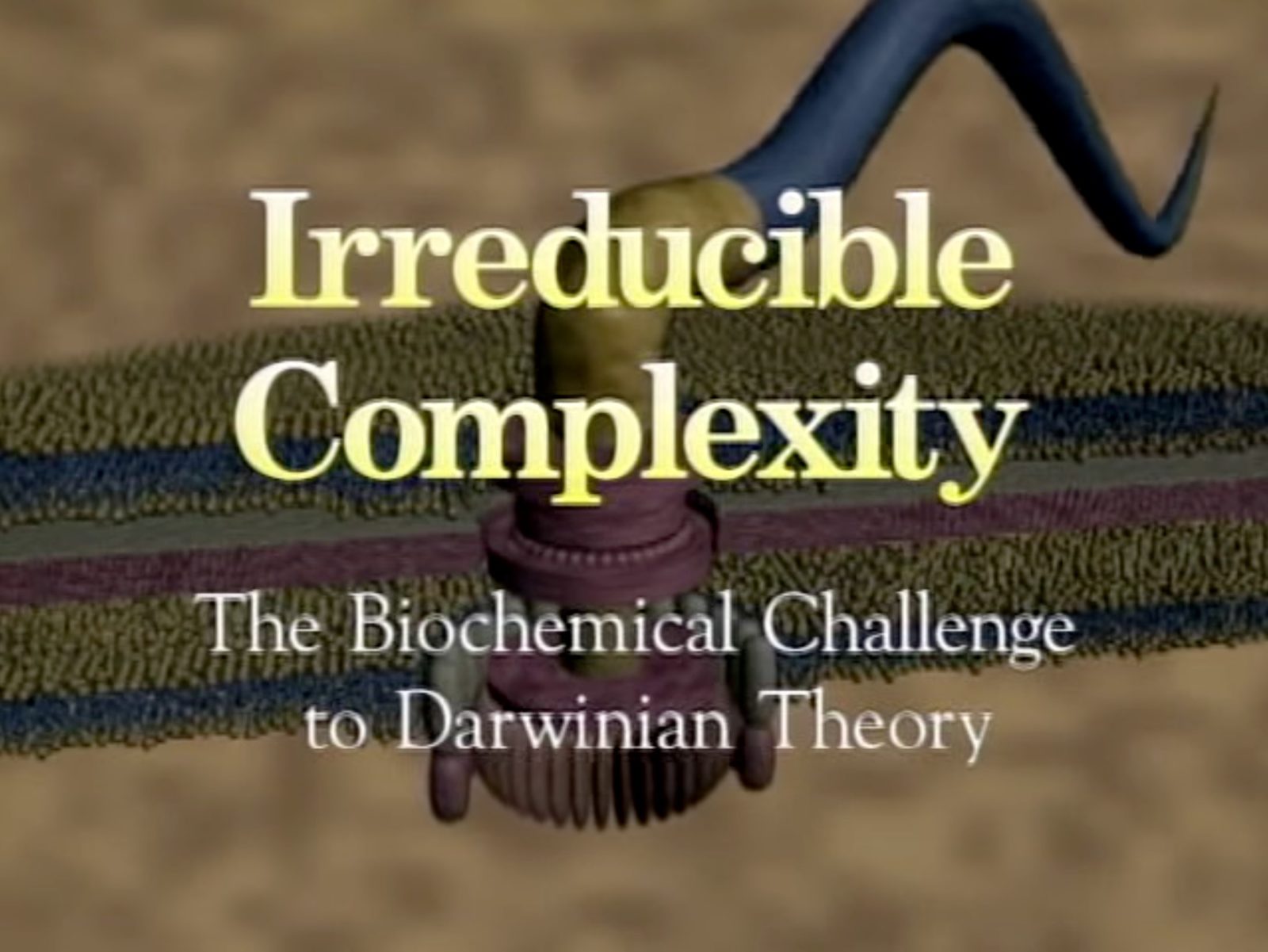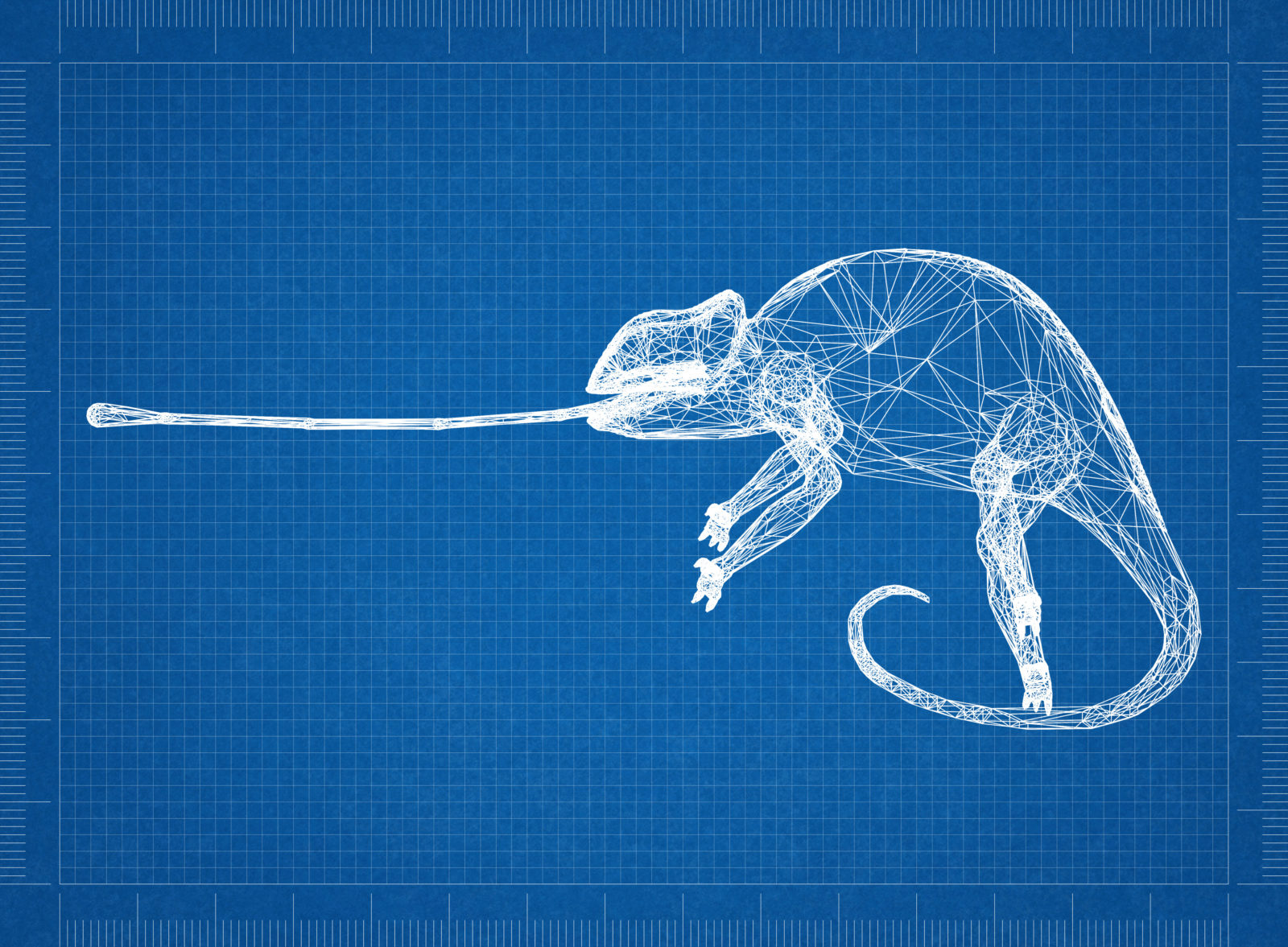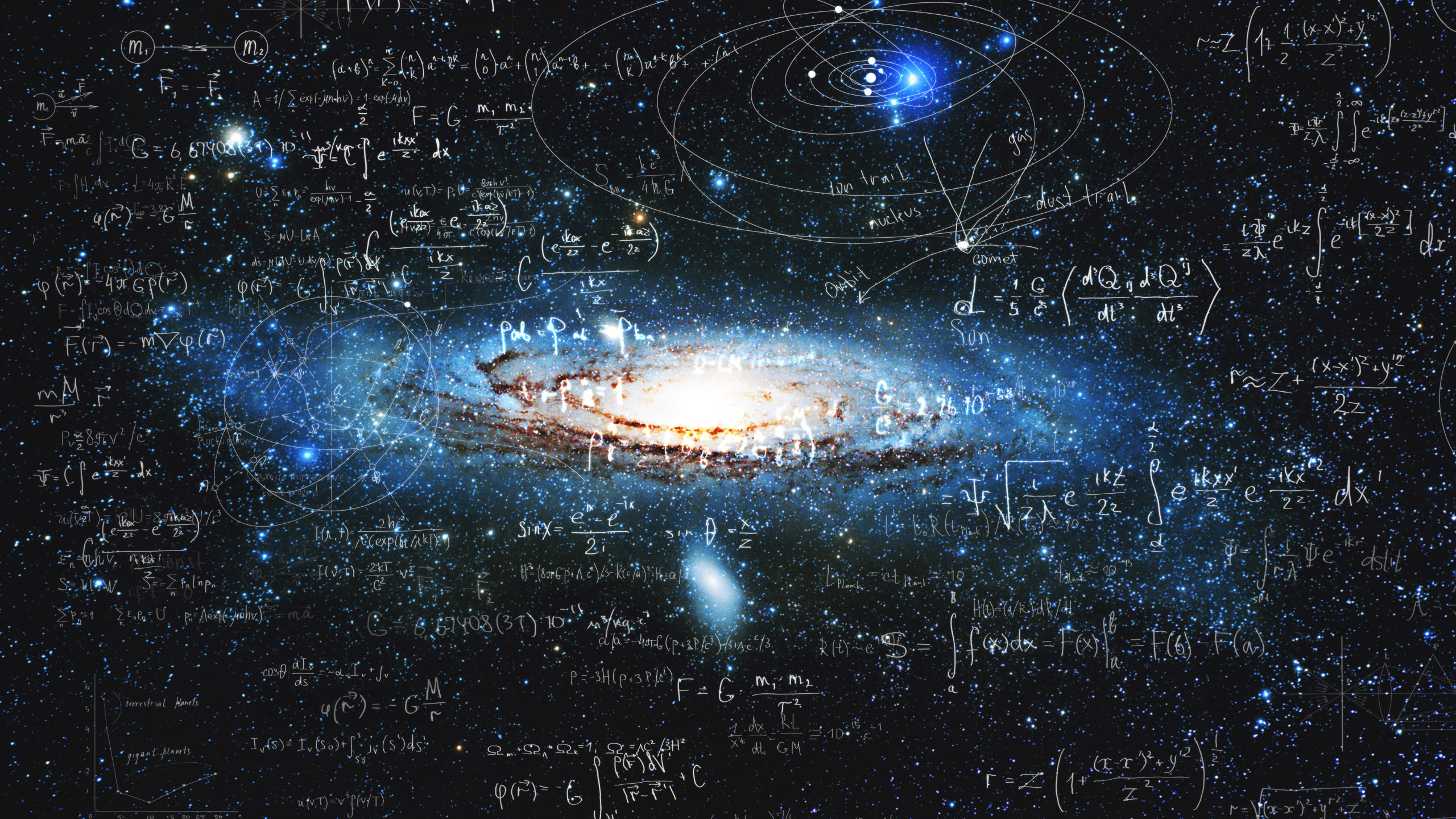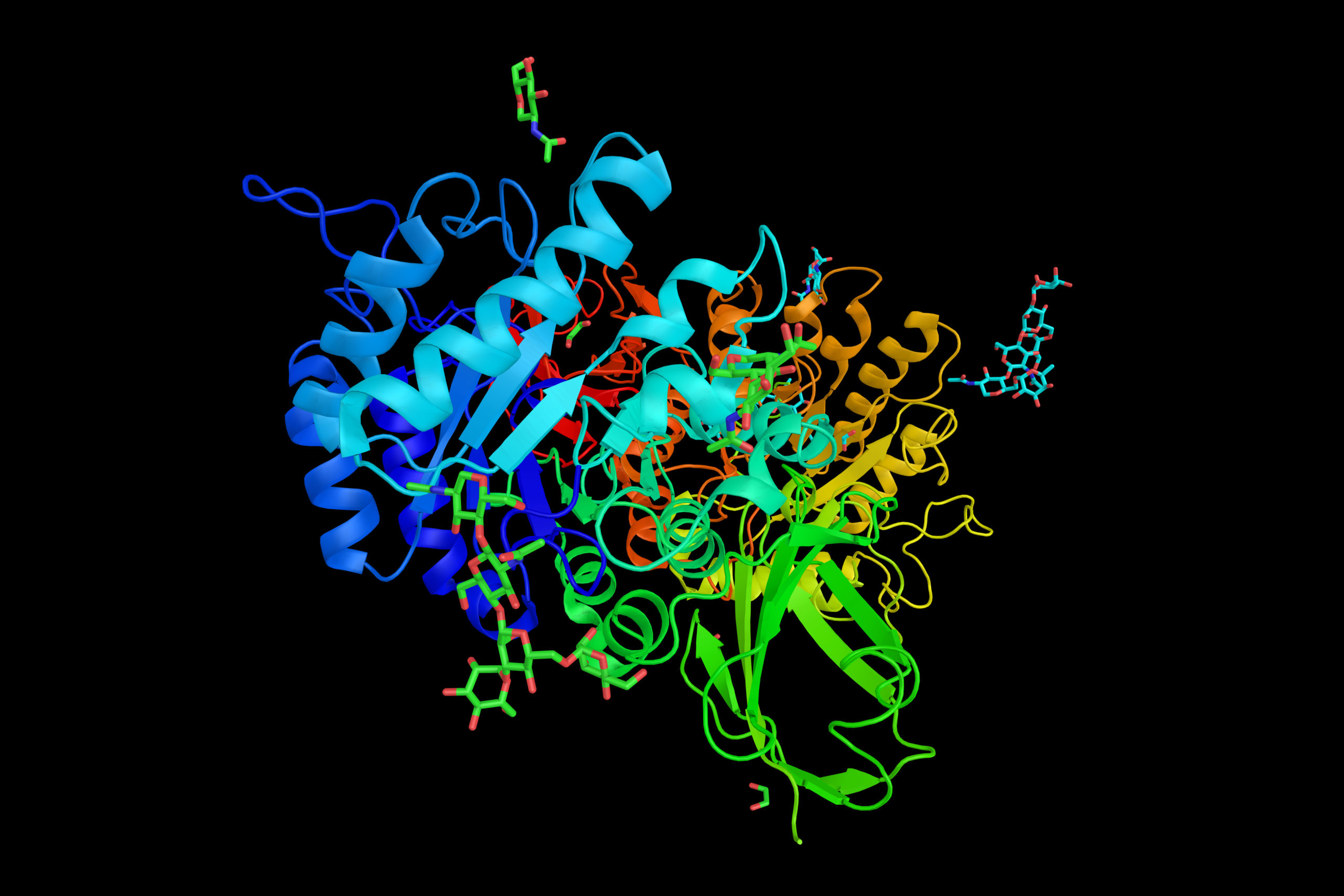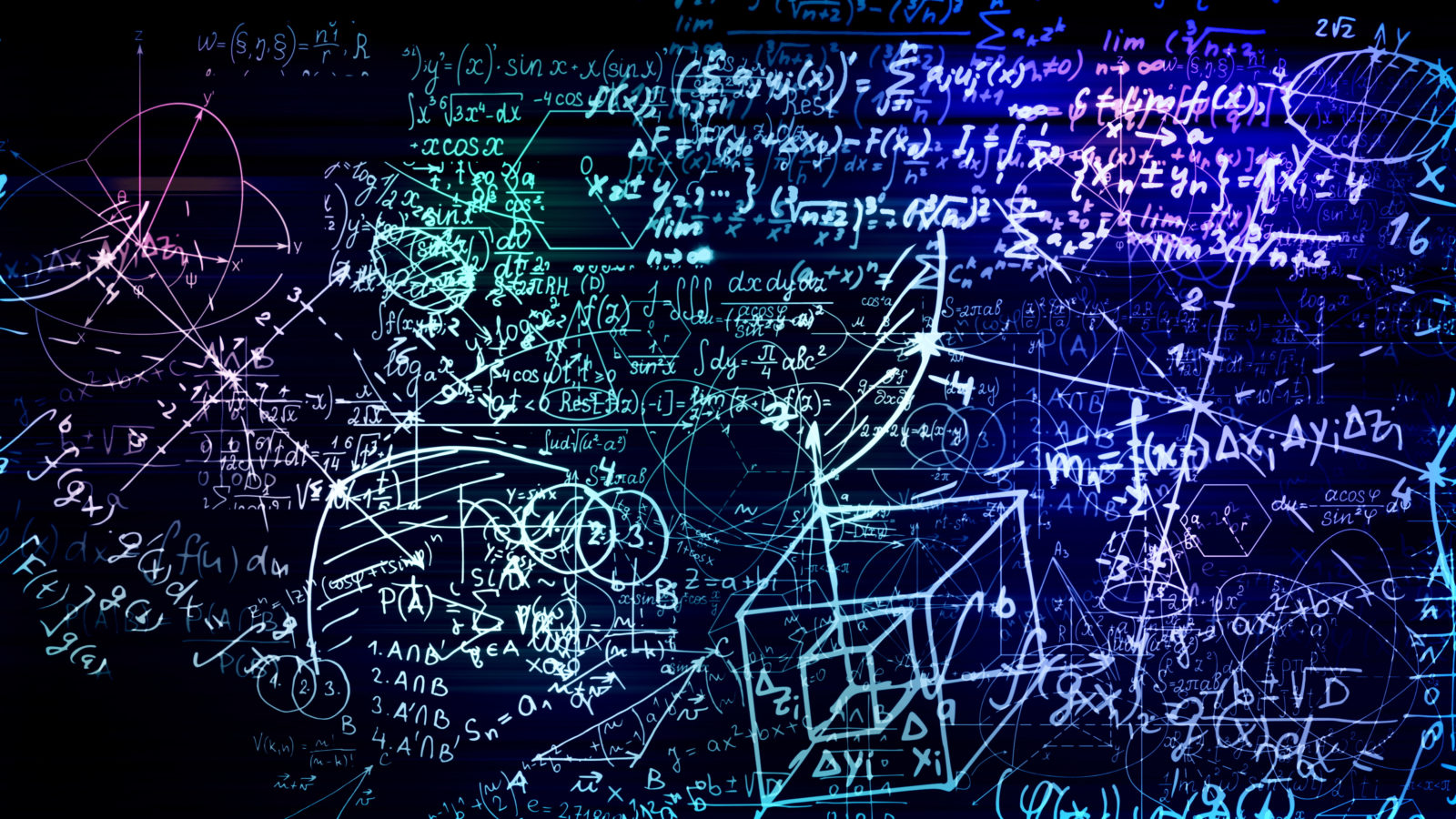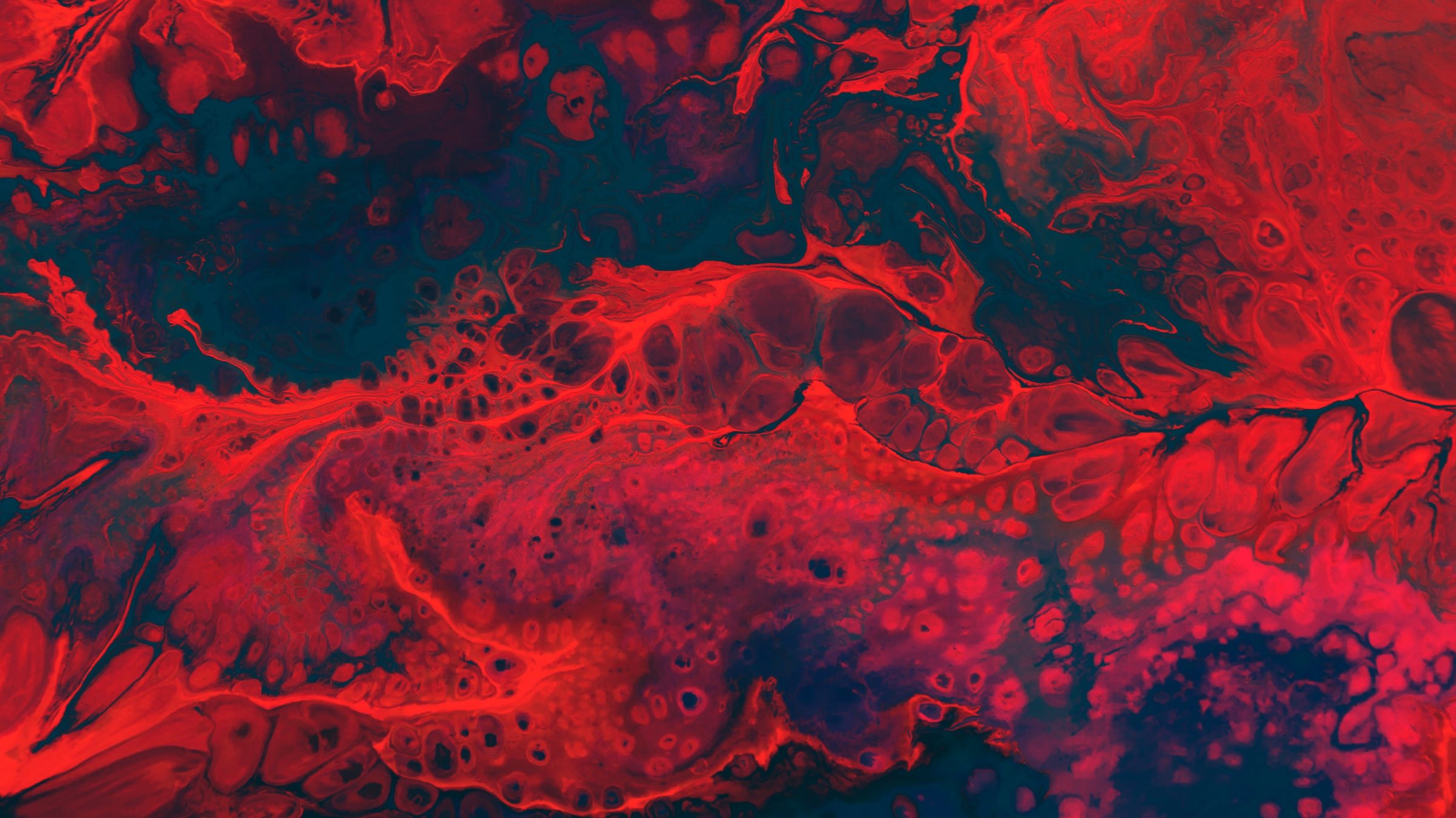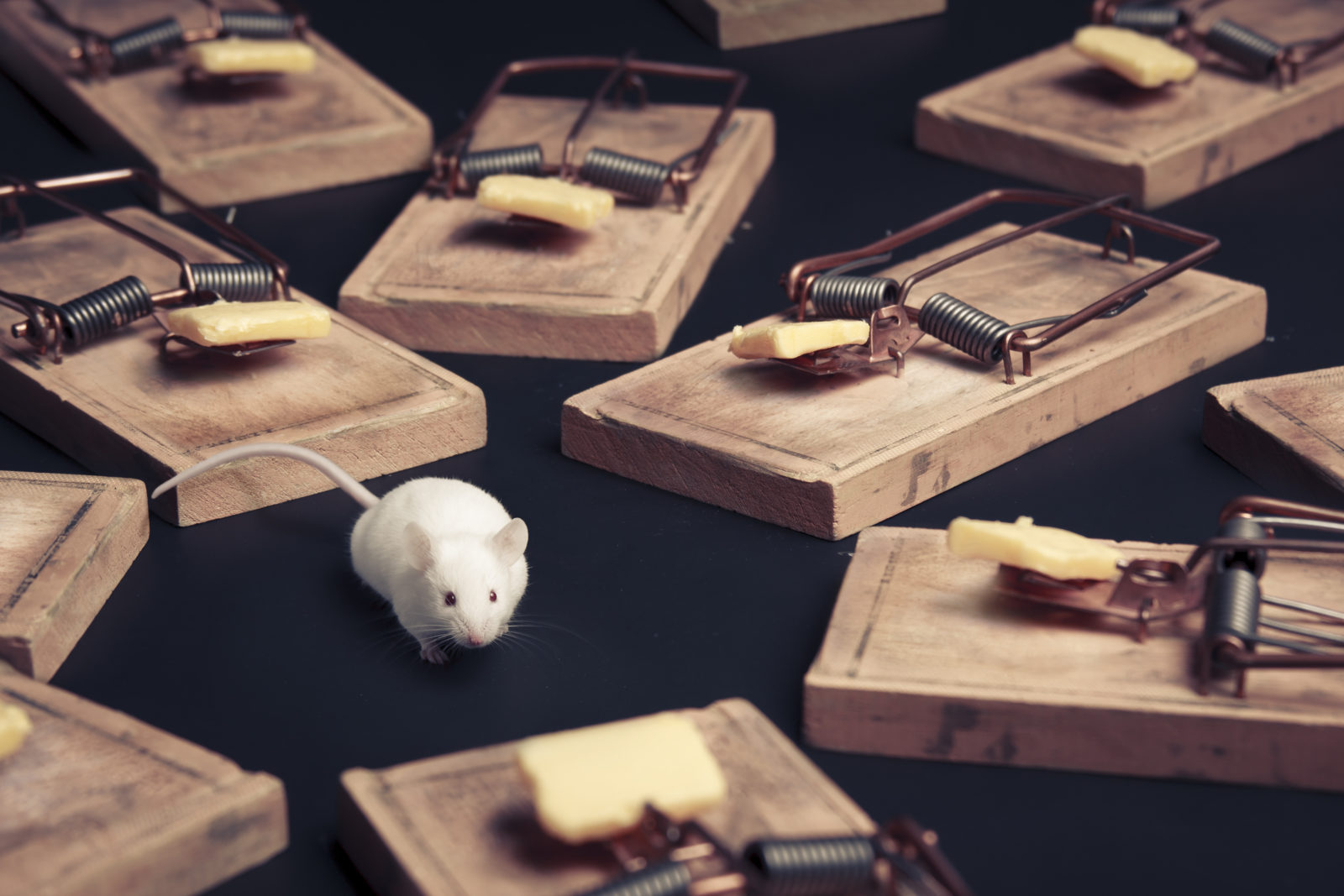
Introduction and Responses to Criticism of Irreducible Complexity
Modern biology has discovered that cells are like miniaturized factories that function using micromolecular machines. In Darwin’s Black Box (1996), Lehigh University biochemist Michael Behe proposed that many of these molecular machines exhibit irreducible complexity and therefore could not have been produced by an undirected Darwinian process. Instead, they appear to be the product of intelligent design. Behe’s book initiated a firestorm of controversy both inside and outside of the scientific community, and the debate continues to rage. As the responses below demonstrate, Behe’s arguments have not been refuted. Indeed, the case for the irreducible complexity of the bacterial flagellum and other molecular machines has continued to grow.
Read More ›